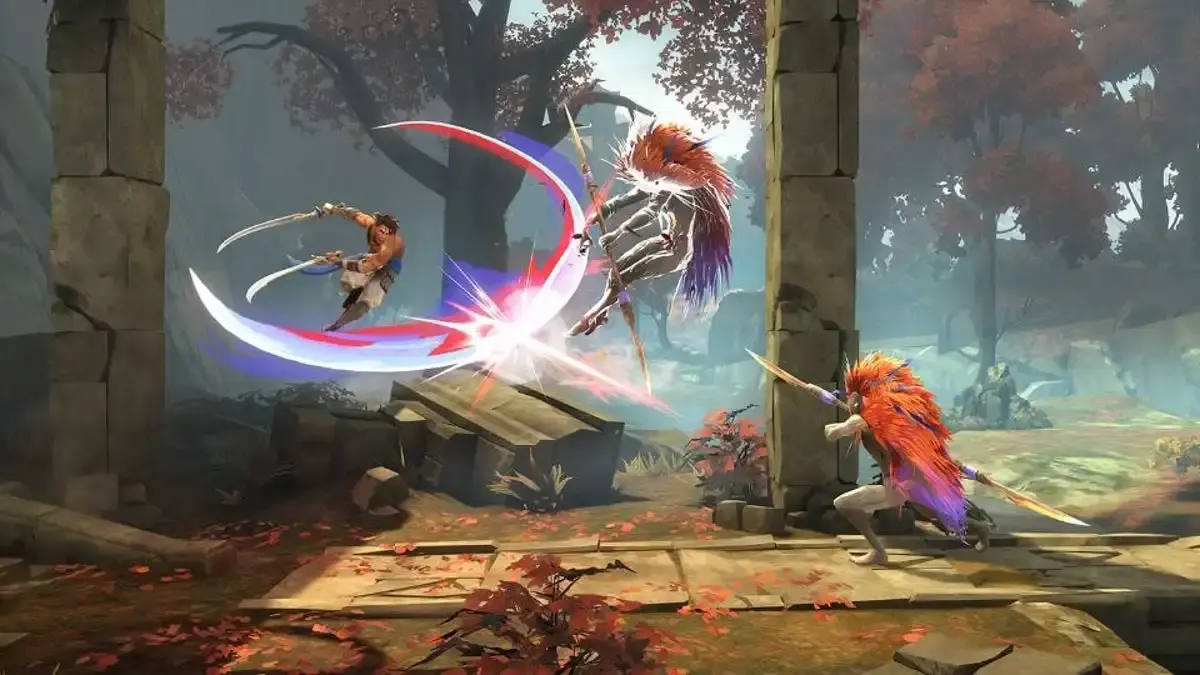- cross-posted to:
- gaming@lemmy.ml
- cross-posted to:
- gaming@lemmy.ml
I am very comfortable with never owning a ubisoft game ever again.
I for one am quite comfortable not giving them any more of my money either.
They added DRM to a more than ten Year old game I had bought. I’ll never purchase another ubisoft product without then heading to the high sea to get a uncrippled copy. Odds are, I’ll just not bother.
Imagine a company telling you that you should get used to not owning the things you buy when arguably the most popular game in their most popular franchise is about being a literal fucking pirate.
For most games, I’m fine with renting my games. If they charge a reasonable continuous rental fee and not a crazy one-off price that will make the game available for some unspecified amount of time at the publisher’s discretion. For example, I could imagine paying $2 / month to play Assassin’s Creed. And if it turns out to be boring I can just stop renting it.
So you’ve had the game for 3 years and you’ve now payed more than the retail price. Are you going to keep paying for it, or do you expect it to be “yours”. Also, as with most things digital, let’s say you invest a hundred hours, almost get to the end and…. They decide to yank the game from their service. No ending for you. Thoughts on that? Both are very real scenarios by “renting” the game.
To be fair nobody plays *JUST one single game for 3 years. Economically speaking it is more affordable to pay the subscription than to buy it. That said there are no guarantees they won’t raise prices. I wouldn’t be surprised if they eventually decide to include ads and add limits eventually. There’s not even an expectation of control by the users.
But we have seen enough of how streaming libraries change and split. Losing access to your favorite game is an almost inevitable eventuality.
You’ll lose access to games by virtue of lack of support. Systems will change, libraries and dependencies will fall out of sync with requirements, and “the games you love” will be forgotten by devs (though not in all cases).
I used to play a really fun game on MacOS (pre-X) called Glider Pro. There was no easy way to play it, since you’d have to emulate a MacOS 9 system. Only recently did the original devs upload the files to GitHub and open the source. Some smart people then forked the repo and made it playable on various systems.
And that’s just one game. Lots more are now lost to time, and yet we’ve all collectively been able to continue gaming.
This sort of argument is just a way to cope with the erosion of customer rights and the overreach of corporations over digital media as if that’s some inevitable entropy of the universe type of thing. We still have books that are thousands of years old, but even though we have better technological means to store and reproduce media than ever, arbitrary legal hurdles are leading people to treat cultural loss as an inevitability.
You got your answer in your own response. Emulators are a thing. Virtual Machines are a thing. Proton is a thing. We figured out how to recover games going as far back as the Atari. Unless actively and fiercely obstructed people will figure out how to keep these things available out of sheer passion and goodwill.
A DRM-free installer/executable for a game, when properly backed up, will still be playable most likely indefinitely.
Unfortunately, as the mention of DRM itself indicates, obstructions are plentiful and ever increasing. This is why supporting DRM-free media and open platforms is valuable. Can you imagine what people could do if they were empowered instead of obstructed?



